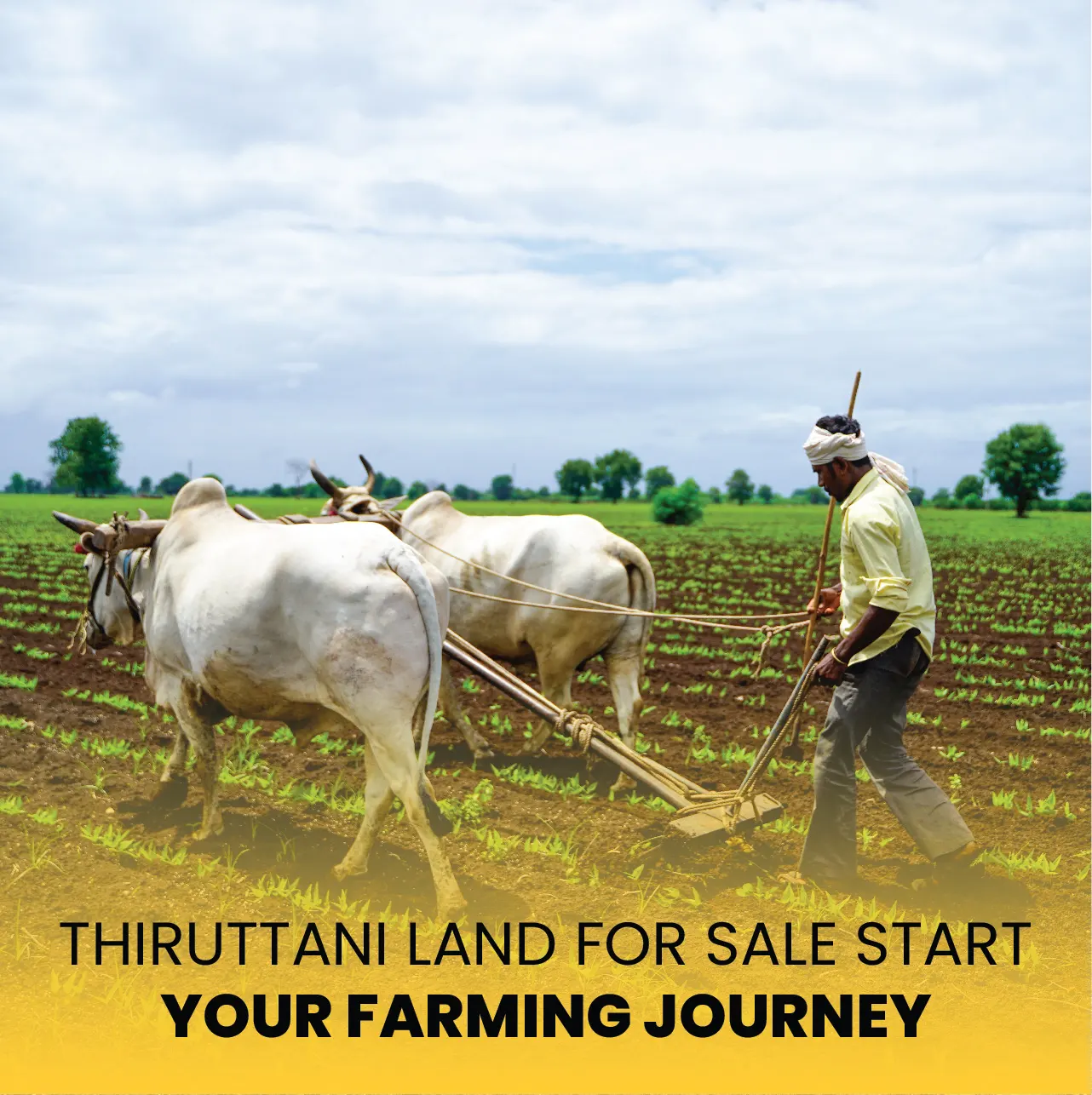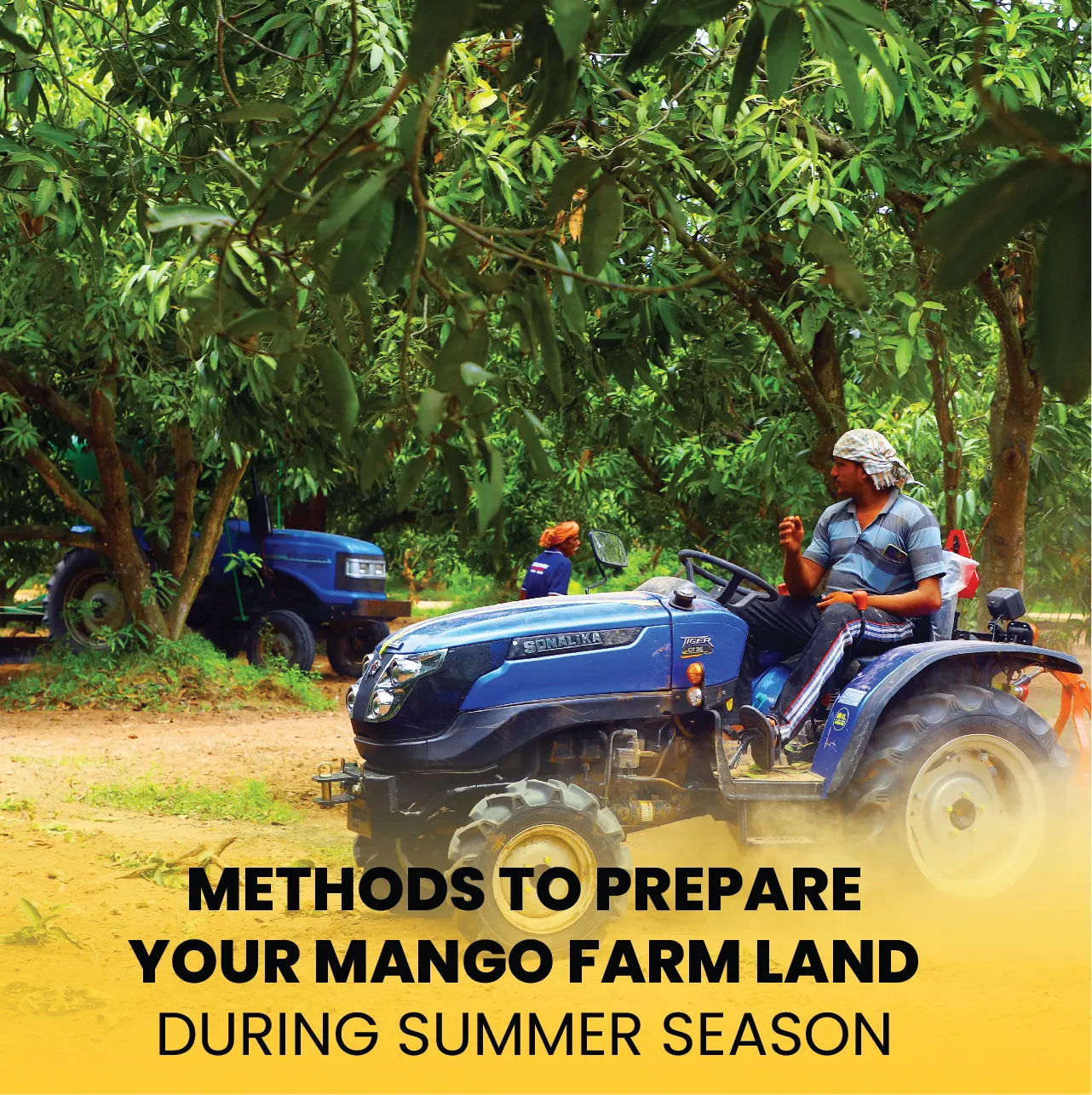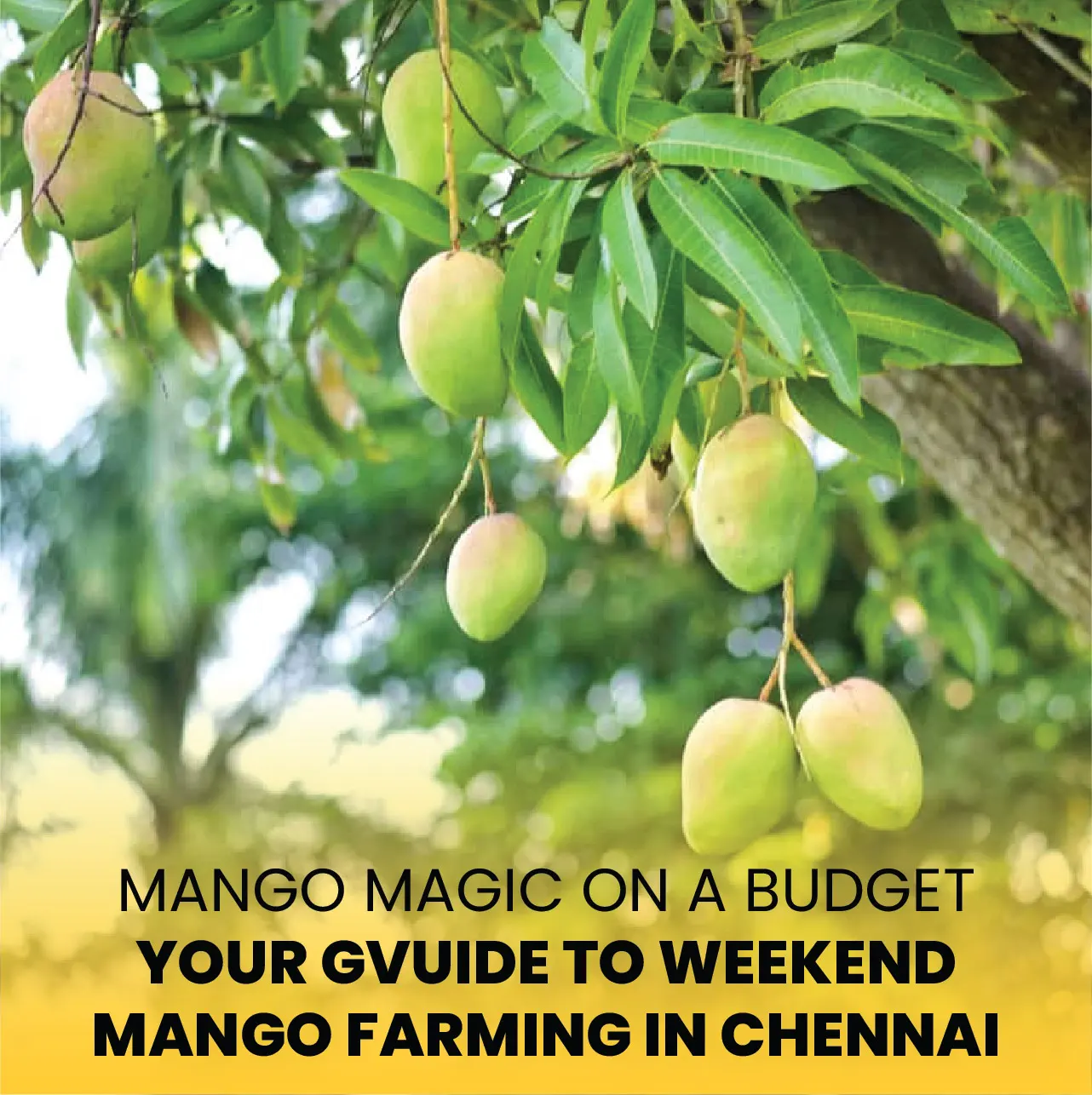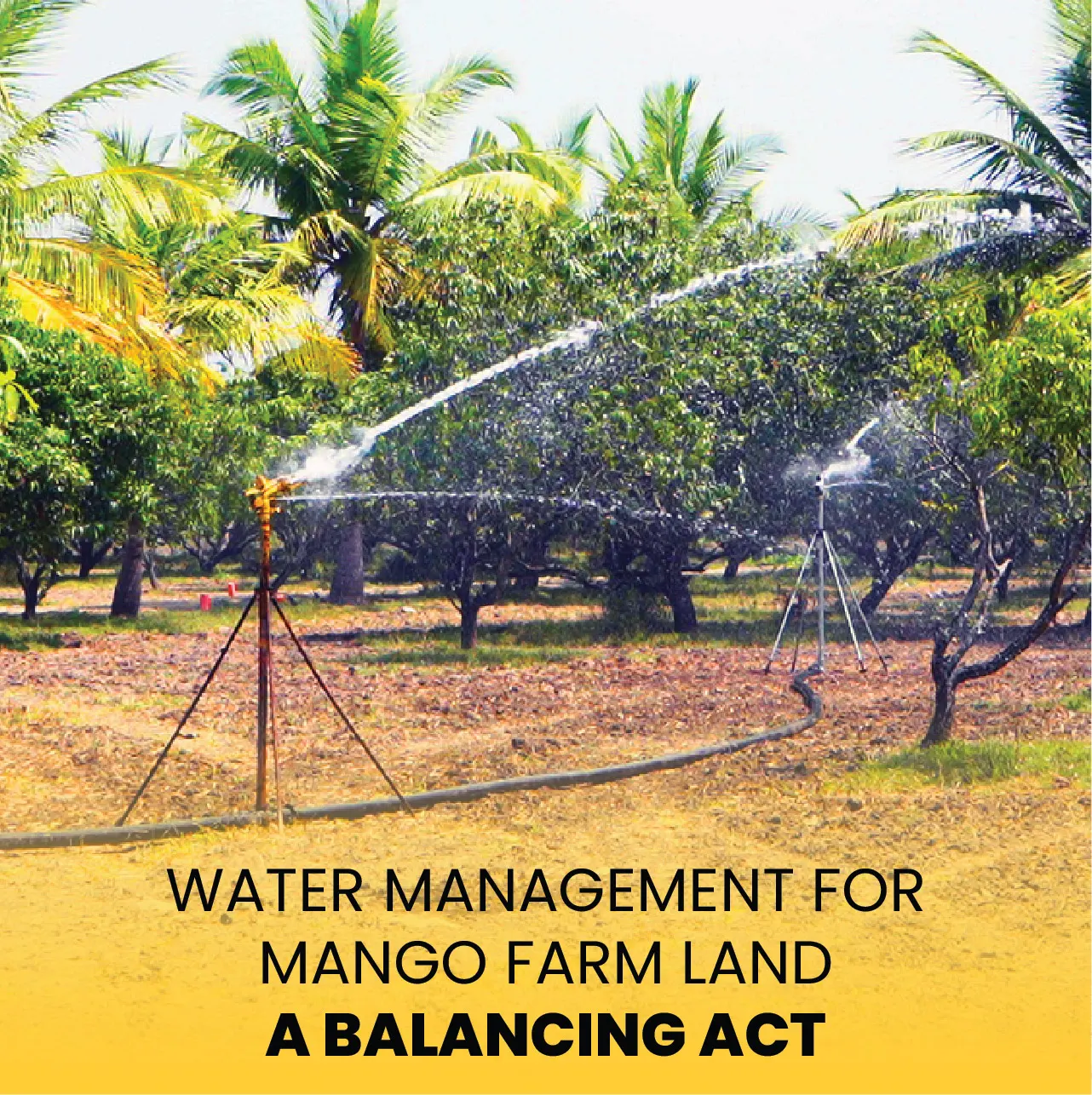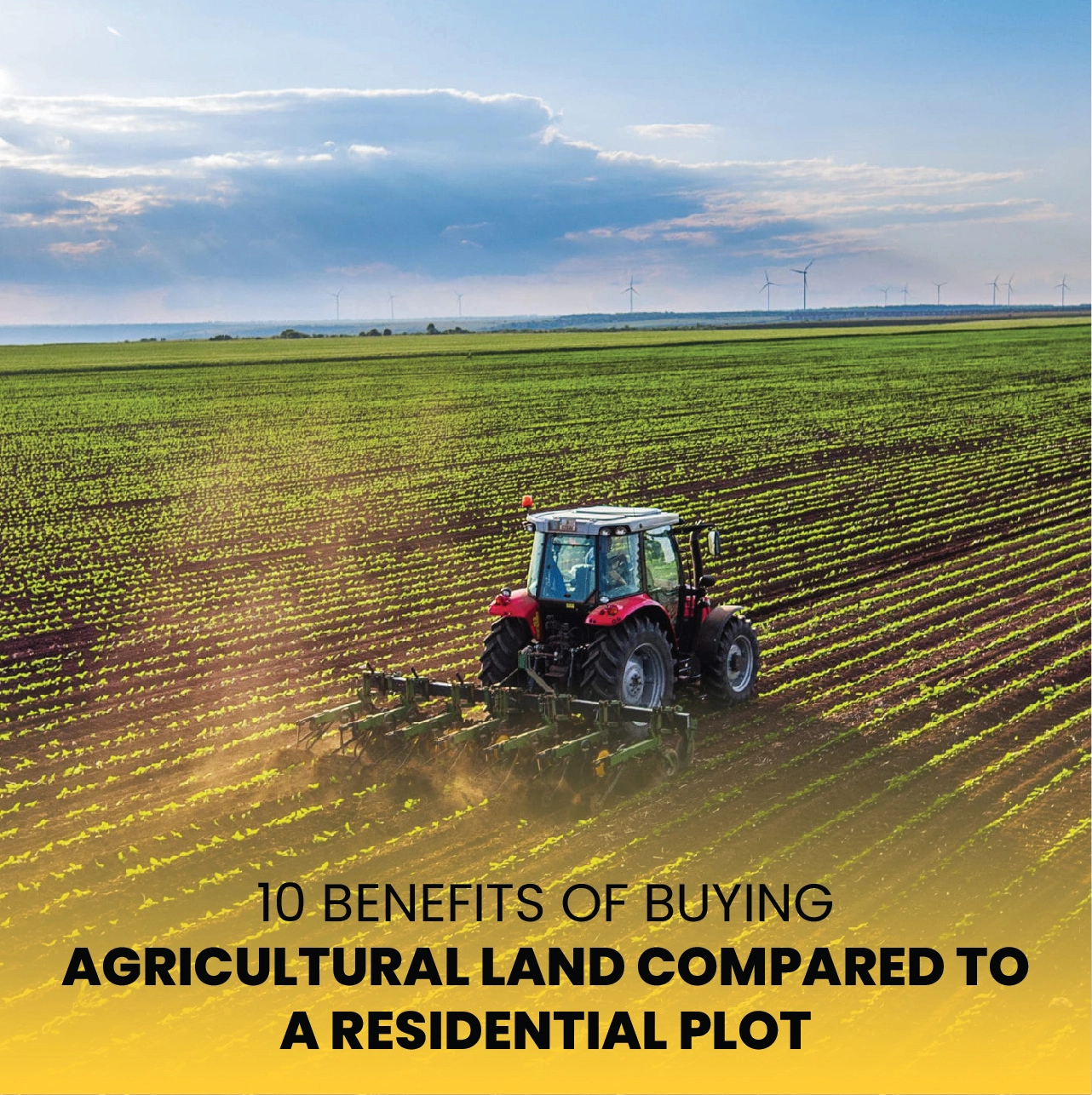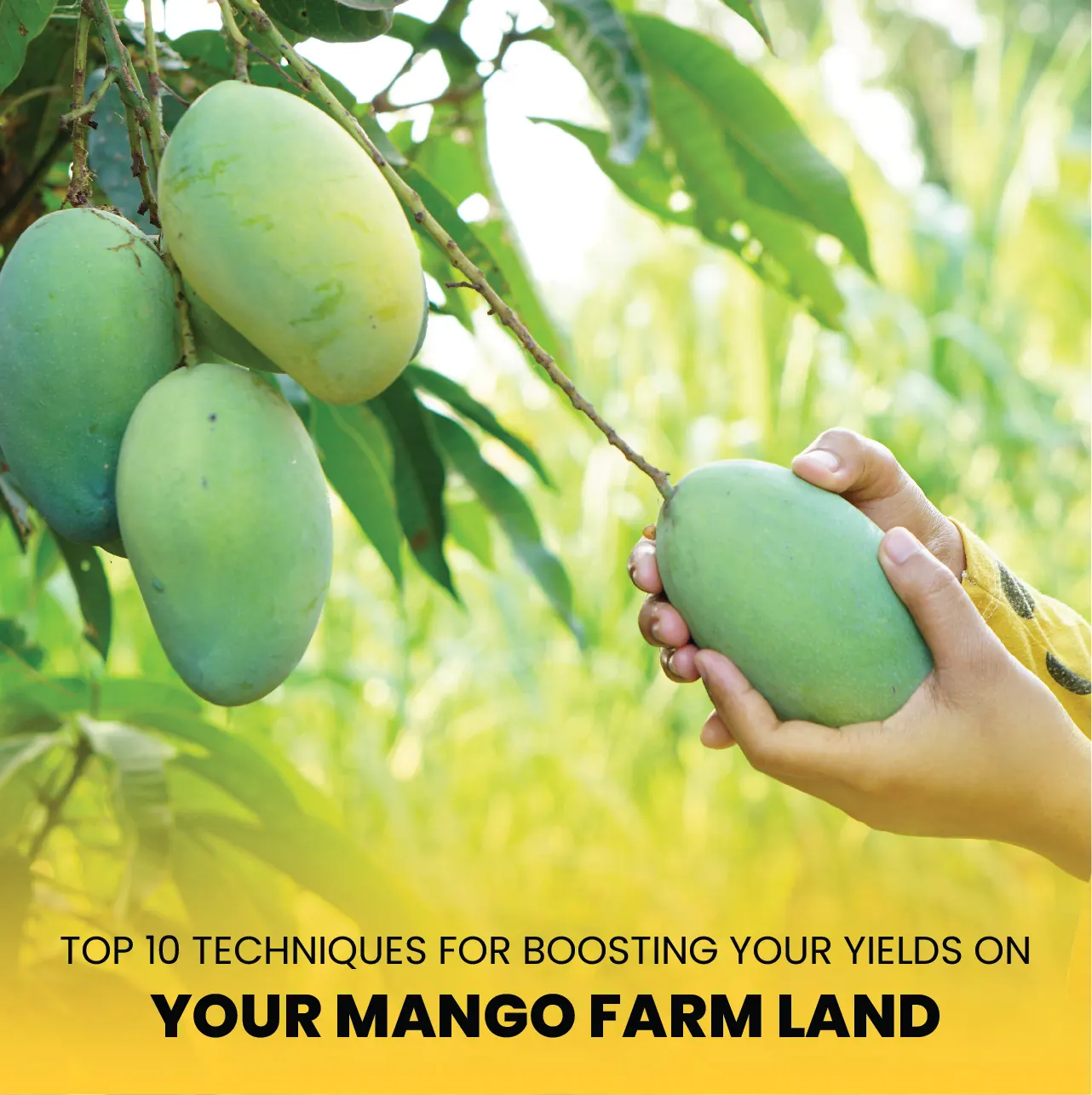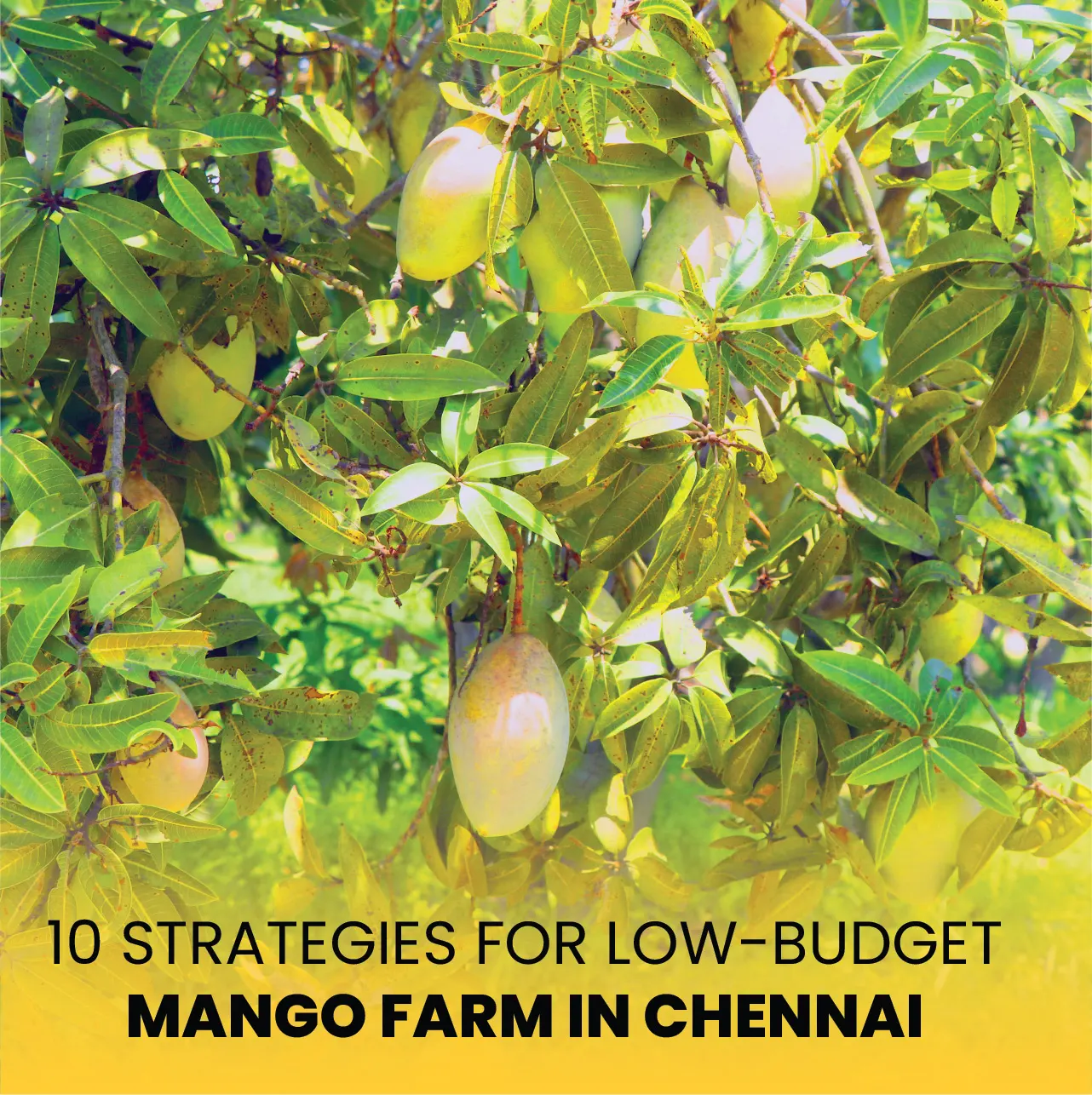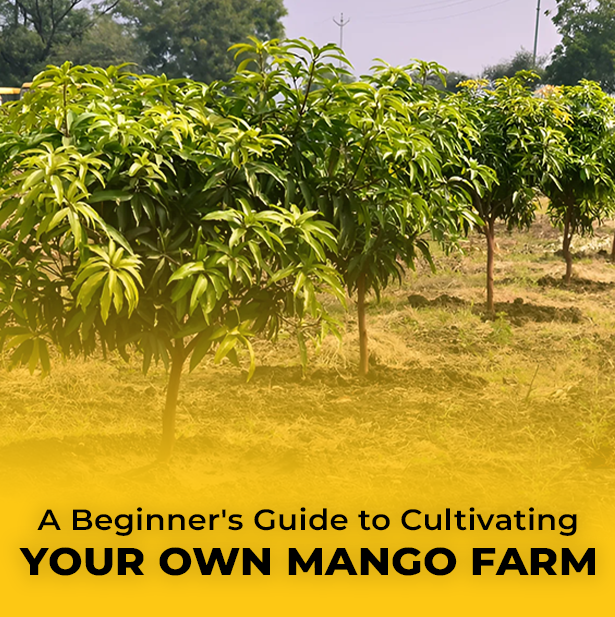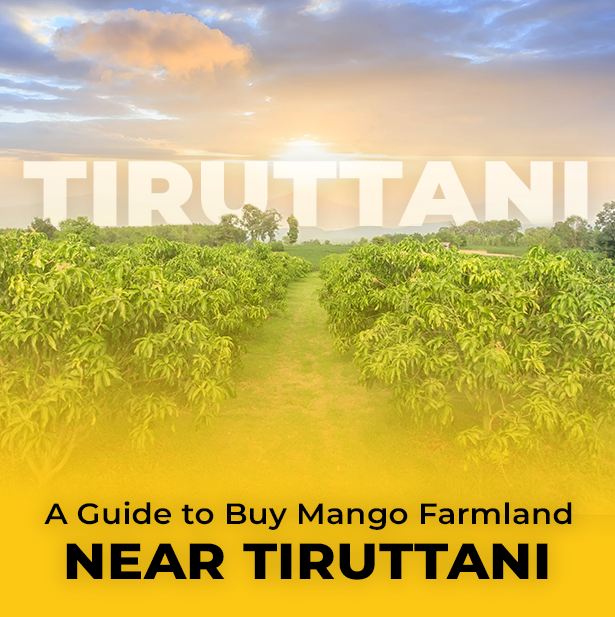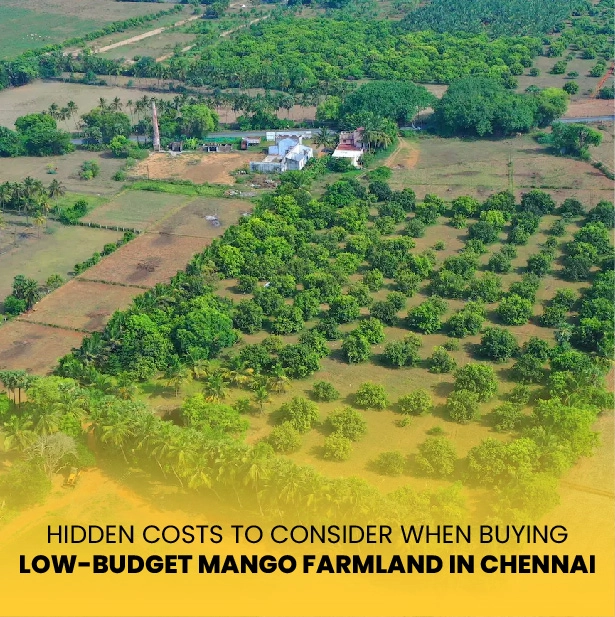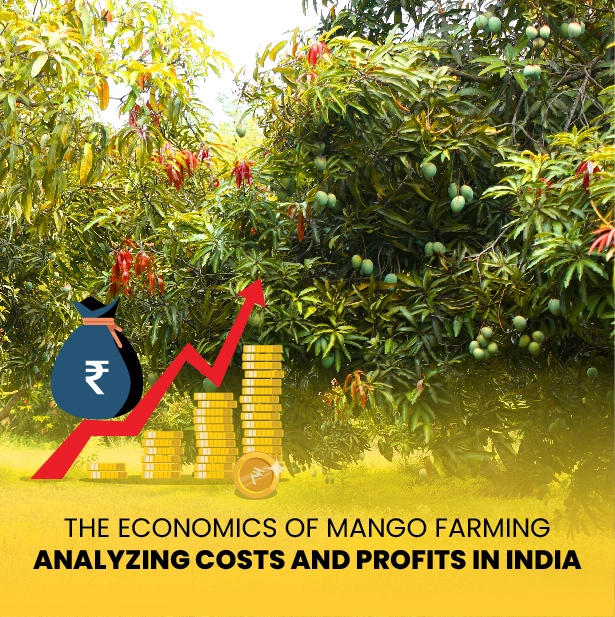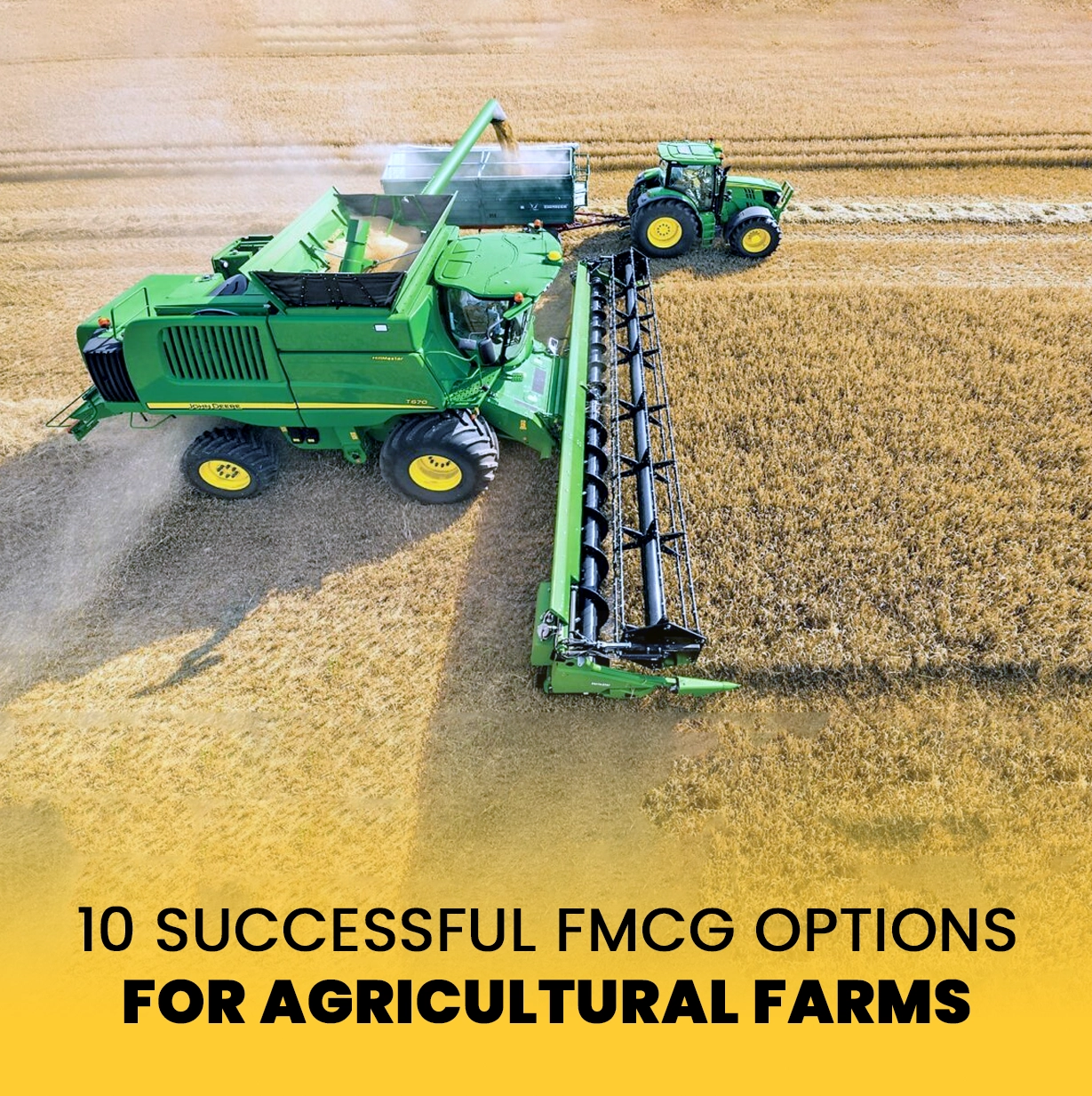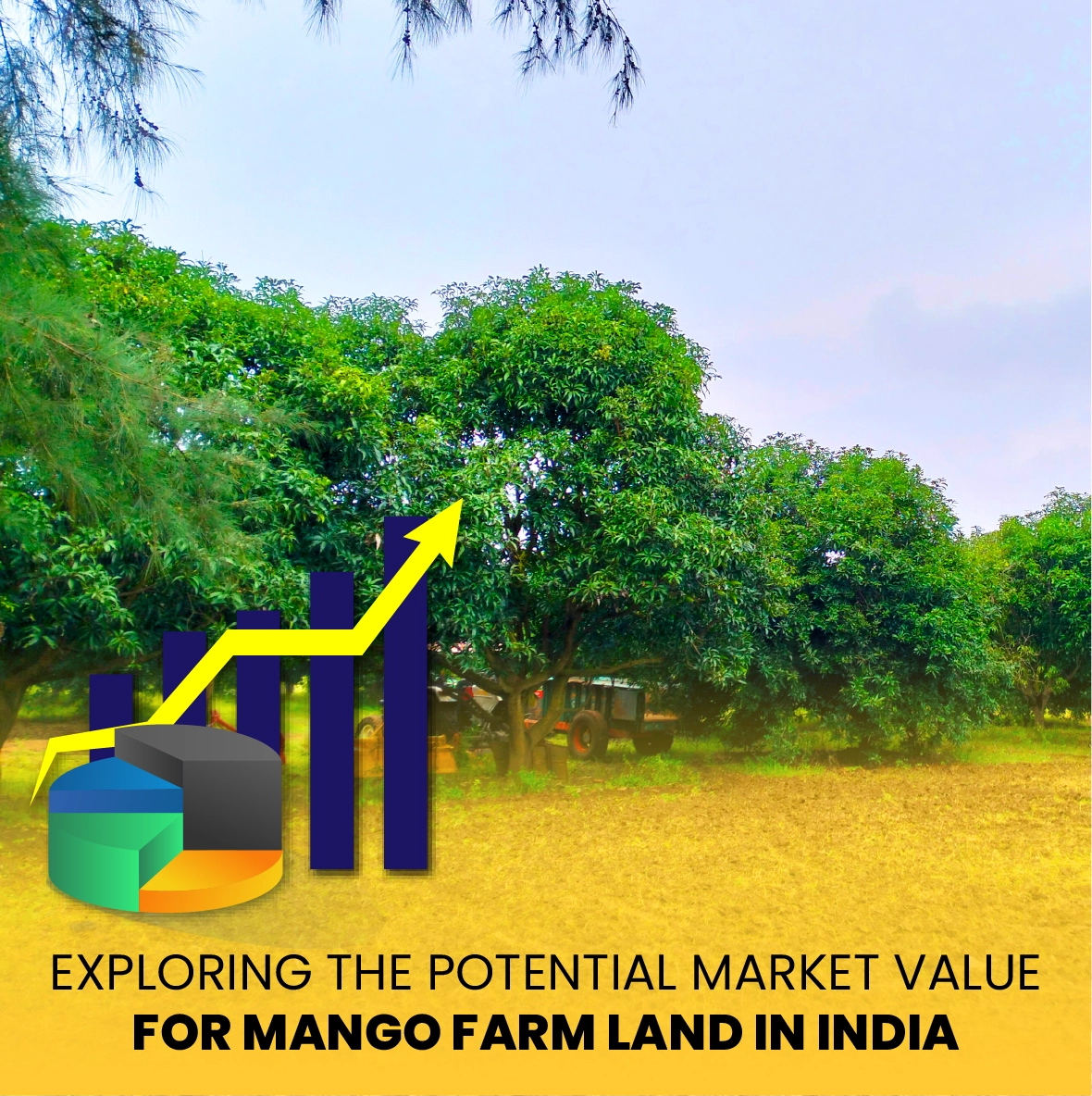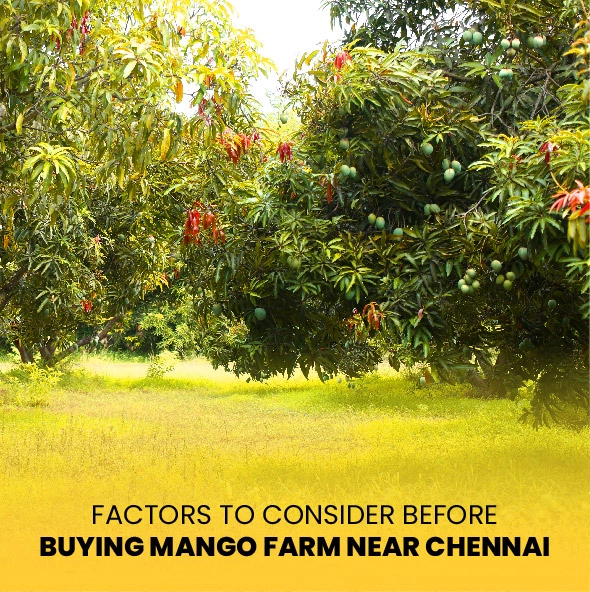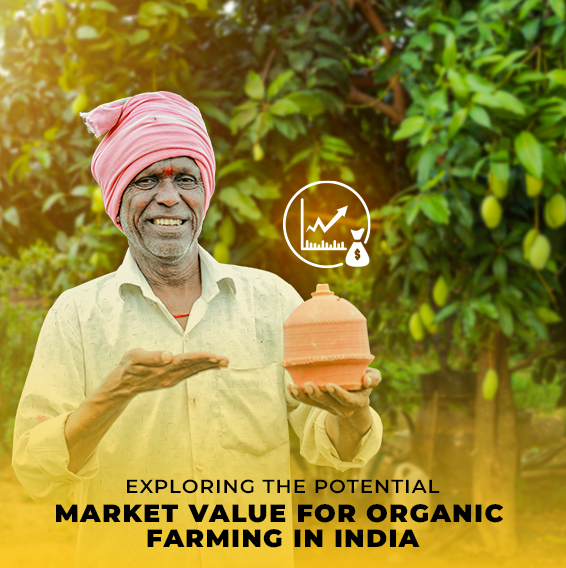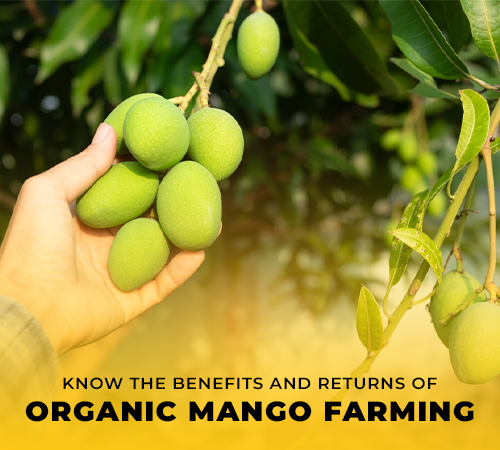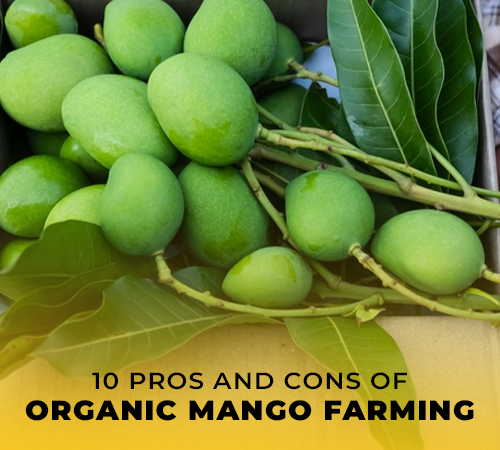Mango farming is not just a livelihood; it's a passion for many farmers around the globe. With the rising demand for organic produce, organic mango farming has gained significant traction among consumers who prioritize health and sustainability. However, successful organic mango farming requires careful planning, proper management, and adherence to organic farming principles. Whether you're a seasoned farmer or a novice venturing into mango cultivation, here are ten essential tips to ensure a fruitful and sustainable harvest.
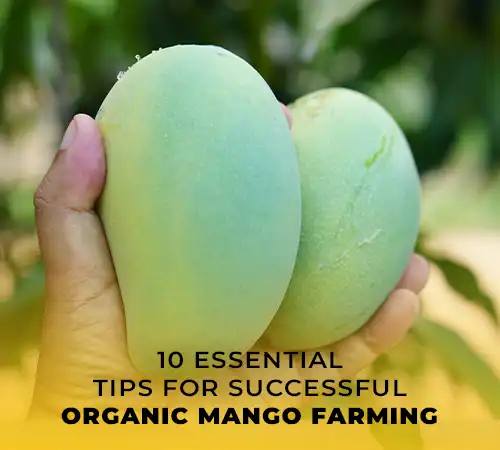
Choose the Right Variety: Selecting the appropriate mango variety is crucial for successful organic farming. Factors such as climate, soil type, and market demand should influence your choice. Varieties like Alphonso, Keitt, and Tommy Atkins are popular choices known for their excellent taste and adaptability to various growing conditions. Conduct thorough research or consult with agricultural experts to identify the best-suited variety for your region.
Site Selection and Preparation: Mango trees thrive in warm, tropical climates with well-drained soil and ample sunlight. Before planting, assess your land to ensure it meets these requirements. Clear the site of any weeds, rocks, or debris that may hinder root growth. To enhance the fertility and structure of the soil, add organic materials, such as compost or manure. Proper site preparation lays the foundation for healthy mango trees and bountiful yields.
Implement Organic Pest and Disease Management: Organic mango farm land emphasizes natural methods to control pests and diseases while minimizing harm to the environment and human health. Utilize techniques such as companion planting, crop rotation, and biological pest control agents like ladybugs or predatory insects to manage pest populations organically. Additionally, regular pruning and sanitation practices help prevent the spread of diseases and maintain tree vigor.
Water Management: Mango trees require consistent moisture, especially during flowering and fruit development stages. Implement efficient irrigation methods such as drip irrigation or mulching to conserve water and reduce evaporation. Steer clear of overwatering since this may cause root rot and other problems with water. Monitor soil moisture levels regularly and adjust irrigation schedules accordingly to ensure optimal water management.
Nutrient Management: Organic mango farming relies on natural sources of nutrients to nourish the soil and plants. Conduct soil tests periodically to determine nutrient deficiencies and amend the soil with organic fertilizers such as compost, manure, or organic mulches. Incorporating cover crops like legumes can also enrich the soil with nitrogen, reducing the need for external fertilizers. Balancing soil nutrients is essential for healthy tree growth and high-quality fruit production.
Pruning and Training: Pruning plays a vital role in shaping mango trees, promoting airflow, and maximizing sunlight penetration. Regular pruning helps remove dead or diseased branches, encourages fruit production, and maintains tree size for easier management and harvesting. Additionally, training young trees through techniques like limb spreading or trellising enhances structural strength and facilitates fruit development.
Harvesting and Post-Harvest Handling: Timing is critical when it comes to harvesting mangoes for optimal flavor and quality. Monitor fruit maturity indicators such as skin color, aroma, and firmness to determine the right time for harvesting. Handle harvested mangoes with care to minimize bruising and damage. Proper post-harvest handling practices, including washing, sorting, and storage in well-ventilated environments, prolong fruit shelf life and maintain freshness.
Market Research and Value Addition: Before diving into organic mango farming, conduct thorough market research to understand consumer preferences, pricing trends, and potential marketing channels. Explore value-added opportunities such as processing mangoes into jams, juices, or dried fruits to enhance profitability and expand market reach. Building partnerships with local markets, restaurants, or retailers can also create avenues for direct sales and better price realization.
Continuous Learning and Adaptation: Organic farming is a dynamic and evolving practice that requires constant learning and adaptation. Stay updated on the latest organic farming techniques, research findings, and market trends through workshops, seminars, or online resources. Experiment with innovative methods or technologies that align with organic principles while improving efficiency and sustainability on your farm.
Community Engagement and Networking: Engaging with fellow organic farmers, agricultural extension services, and local communities can provide valuable support, knowledge sharing, and networking opportunities. Joining farmer groups, cooperatives, or online forums allows you to exchange experiences, troubleshoot challenges, and collectively advocate for organic agriculture. Building a solid network enhances resilience and fosters a sense of solidarity within the organic farming community.
In conclusion, successful organic mango farming requires a combination of careful planning, sustainable practices, and continuous learning. By following these ten tips, organic mango farmers can optimize yields, promote environmental stewardship, and contribute to healthier food systems for generations to come. Embrace the journey of organic farming with dedication, passion, and a commitment to nurturing both the land and the fruit it bears.
